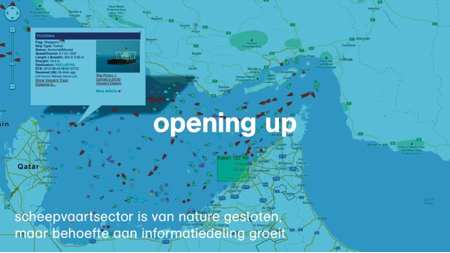
Just a quick note that BMC journal APC’s have increased from what they were in 2012. Luckily I had the 2012 data saved on my computer so I can compare prices directly. I’ve put the data for 97 journals (not all of them) here on figshare. The mean price increase is just over 5% . Although to give it a fair statistical treatment – the median price increase is just 3.3% (to 1 d.p.). There is a lot of variance.









